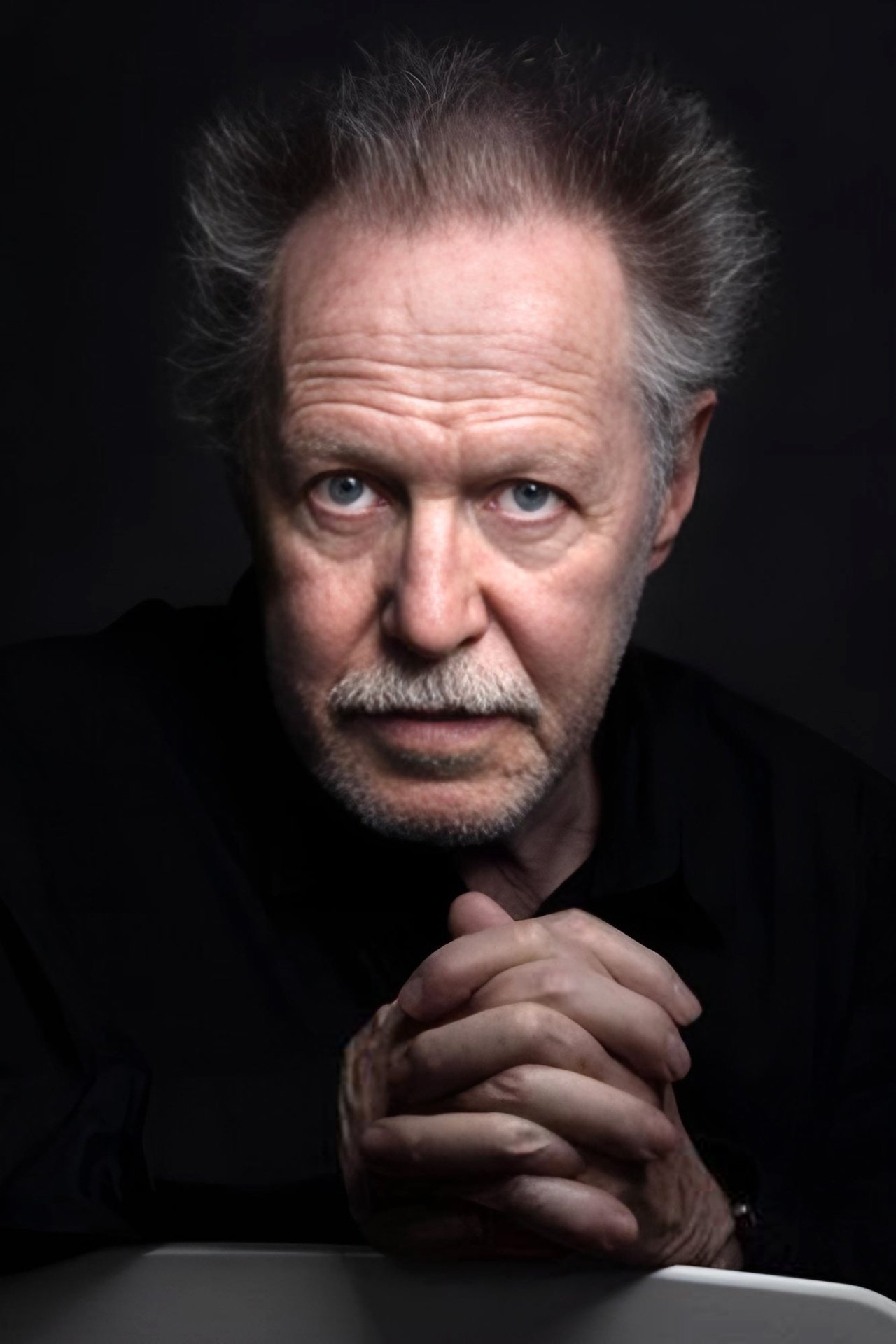
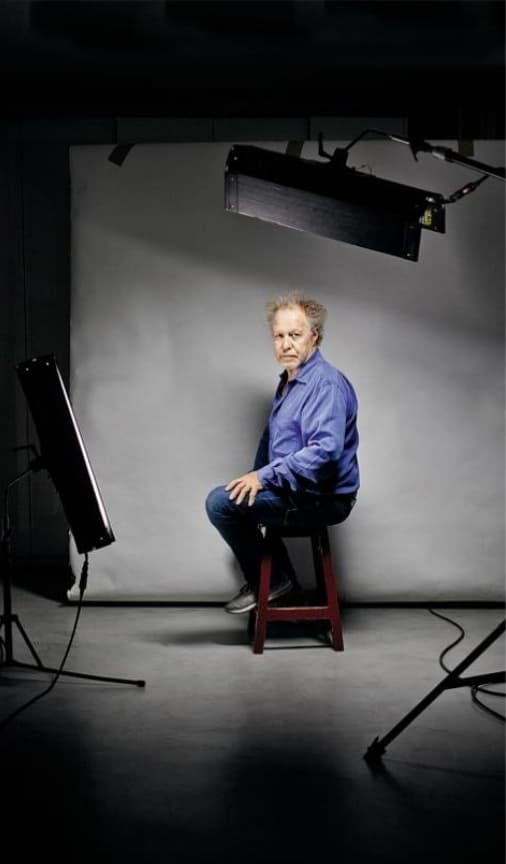
This is a peaceful conversation between two filmmakers, Nicolas Philibert and Jean-Louis Comolli. A conversation, or the pleasure of spending time together. Nicolas Philibert describes with great precision his way of working and invites us to examine the ethical dimension of his process.
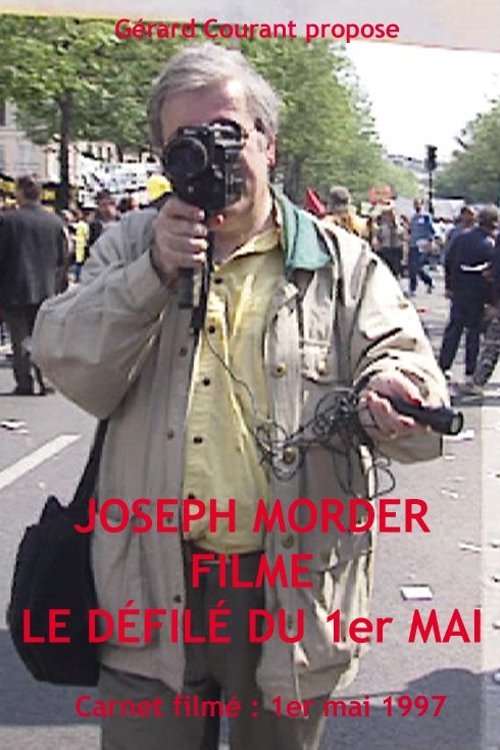
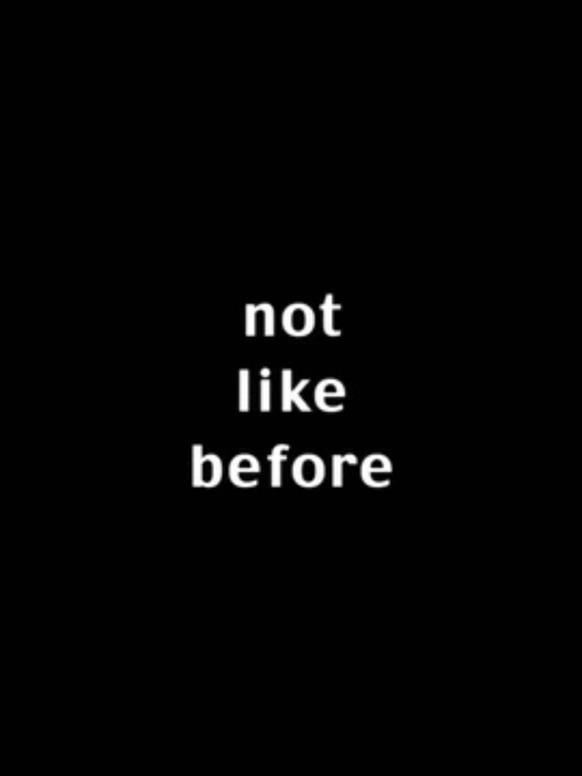
From January to November 2004, as a kind of carnet de voyage alongside our other activities, we asked one and the same question of various people we met on our journeys, including friends: "Do you remember a moment in your life when something really changed?" We requested them to tell us a story to illustrate their reply, and we filmed them.
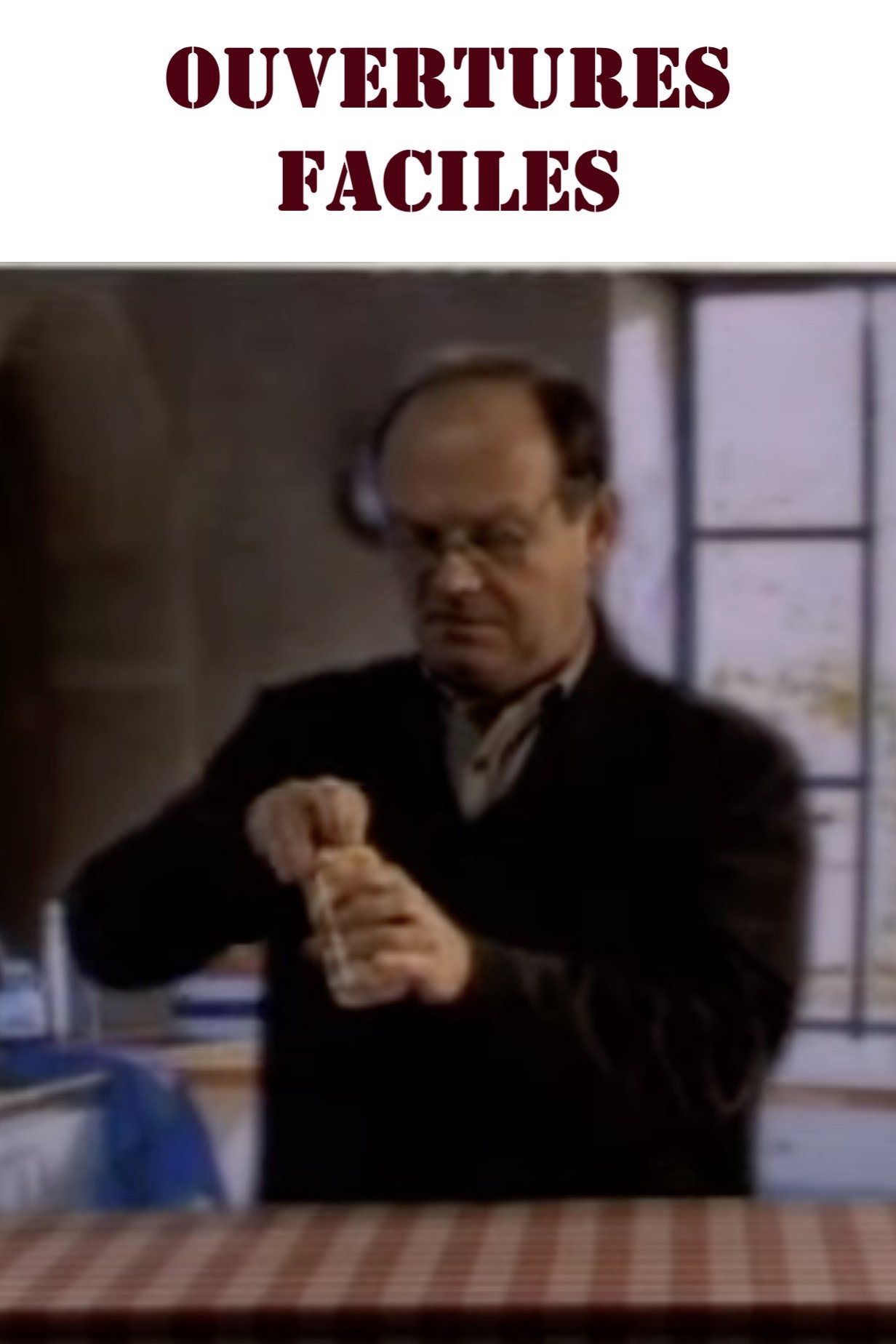
A panel of people representing nothing at all tries to open supposedly easy-open packages.
Nicolas Philibert (French: [filibɛʁ]; born 10 January 1951) is a French documentary filmmaker. He has directed films since 1978. At the 73rd Berlinale (2023), he receives the Golden Bear for his film "On the Adamant". Philibert's father was a film lecturer and he attended his talks in his youth. This encouraged him to embark on a film career. He started this with René Allio (1970), as a trainee on Les Camisards as an assistant on Rude Journée pour la reine (1973) and assistant-director on Moi, Pierre Rivière, ayant égorgé ma mère, ma sœur et mon frère... (1975). In 1978 he co-directed with Gérard Mordillat a feature documentary His Master's Voice, in which a dozen bosses of big industrial groups discuss power, leadership, hierarchies and the role of unions. Between 1985 and 1987, he made several films about mountains and adventure for TV, then turned to making feature-length documentaries for theatrical distribution: La Ville Louvre (1990), Le Pays des sourds (1992), Un animal, des animaux (1995), La Moindre des choses (1996) - at the psychiatric clinic of La Borde, as well as an experimental film with the pupils of the theatre school Théâtre national de Strasbourg, Qui sait? (1998). In 2001, Nicolas Philibert made Être et avoir, about daily life in a single class school on a small village in the Auvergne. It won the Prix Louis Delluc 2002, and became a box office and critical success in France and internationally. The film was screened out of competition at the 2002 Cannes Film Festival. With Retour en Normandie (2007), he revisited the traces of a previous films, made thirty years earlier by René Allio, with local peasants playing the lead roles. With Nénette (2010), made at the Ménagerie du Jardin des plantes in Paris, he produced an intimated portrait of the most famous of its inhabitants a female orang-utang, Nénette, held in captivity for 36 years. La Maison de la radio (2013), takes us into the heart of the French Radio headquarters in Paris, finding out who inhabits the place and discovering the mysteries of its long corridors. Over the last fifteen years there have been more than 120 retrospectives or 'homages' to Philibert organised internationally including the British Film Institute (London) and the Museum of Modern Art (New York). He was one of the directors invited to nominate his favourite films in the British Film Institute's 2012 poll. He explains, in French, his motivations, his influences (including Agnés Varda) and the history of his career as a documentary film maker, especially the 'impermeable' frontiers between documentary and drama in an interview recorded in April 2012.
By browsing this website, you accept our cookies policy.